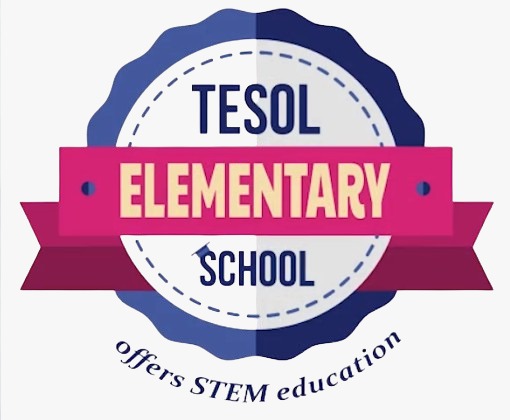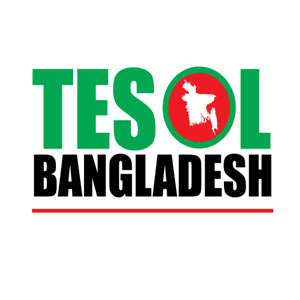আপনাদের প্রশ্ন ও আমাদের উত্তর
অবশ্যই, টিসল বাংলাদেশ ফেসবুক পেজে ও জুমের মাধ্যমে প্রায় প্রতিদিনই ফ্রি ক্লাশ করার সুযোগ থাকে। এসকল ক্লাশে অংশগ্রহন করে আপনি কিছু বিষয় শিখতেও পারবেন পাশাপাশি আমাদের পড়ানোর পদ্ধতি সম্পর্কেও ধারনা নিতে পারবেন।
যেহেতু অনলাইন/অফলাইন ও ফুলটাইম প্রতিটি ক্ষেত্রেই আমাদের একাধিক ব্যাচ এর ক্লাশ চলতে থাকে, তাই আপনার পছন্দ মতো ব্যাচ, সময়, ব্র্যাঞ্চ লোকেশন ইত্যাদি চয়েজ করে ক্লাশ করার সুযোগ পাবেন। বিস্তারিত জানতে সাপোর্টে যোগাযোগ করুন।
সাধারনত এমনটি করা যায় না, তবে লজিক্যাল কারন থাকলে আবেদন করতে পারেন। কাংখিত ব্যাচের সীট ফাঁকা থাকলে সুযোগ দেওয়া হতে পারে।


